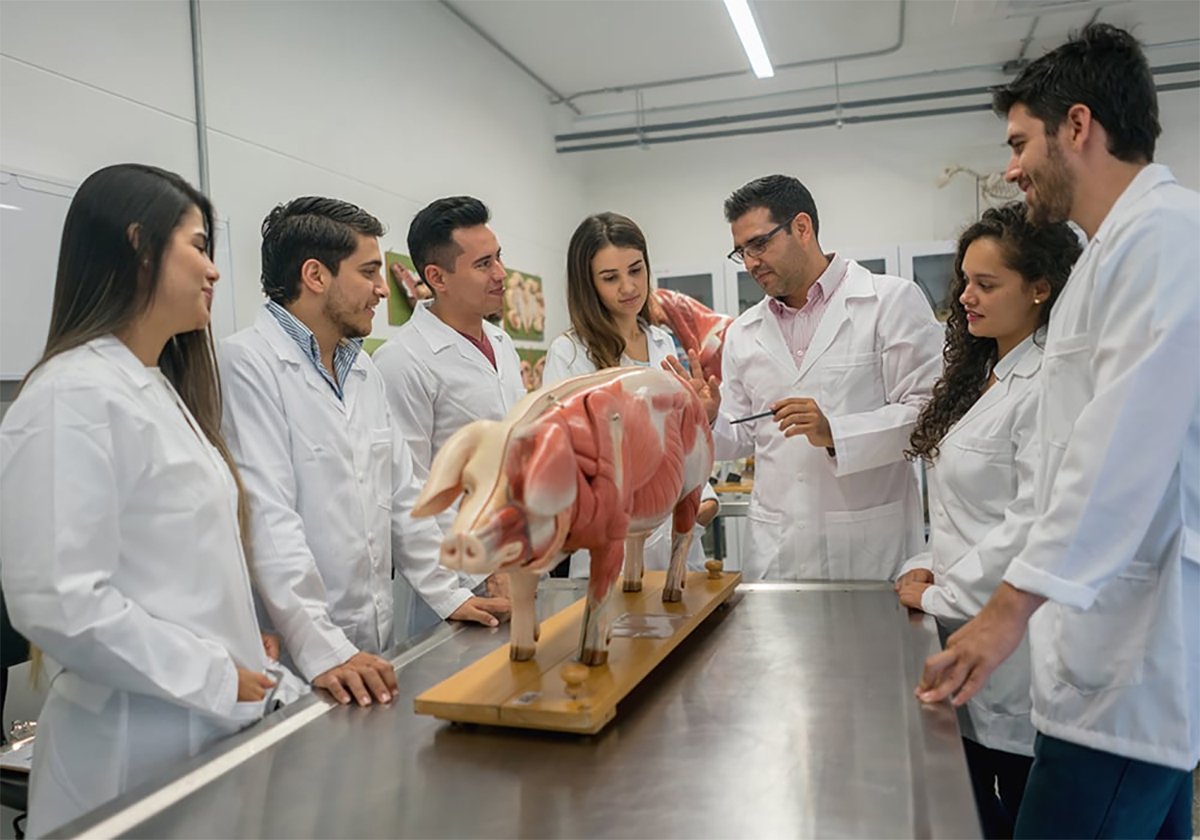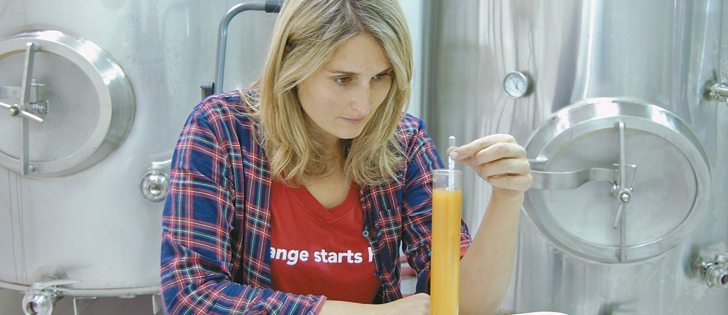MERRITT, B.C. — Cider is a relative newcomer to the Canadian marketplace, but sisters Theresa Pedersen and Kate Garthwaite believe the time is right to launch Left Field Cider.
Garthwaite said 50 percent of the world’s cider comes from England, where she spent a year working for a cider maker.
Gord and Debbie Garthwaite, her parents and ranchers in Mamette Lake, B.C., and Pedersen visited her there before launching their family-operated company.
The ranch houses a young two acre orchard where the sisters experiment with cider recipes using hardy apples grown at a high altitude and apples from British Columbia’s Okanagan Valley.
Read Also

Students urged to consider veterinary medicine
Alberta government makes $86.5 million investment in University of Calgary to double capacity for its veterinary medicine program to address labour shortages in the field.
Pedersen, a former stockbroker, said the family’s rural background plays a big role in their business plan, which includes signing five-year contracts with B.C. apple growers.
“Coming from a ranch, a big part of what we want to do is give a fair price to orchardists and give them consistency,” added Garthwaite.
“We feel it’s great we can have long-term contracts with orchardists so they can rely on income every year.”
The family started commercial production in 2011, selling 8,000 litres within five months the next year.
They tripled production the following year and plan to expand to 30,000 litres for 2014.
Their investment has reached $400,000.
The business, which opens the tasting room and cider house in season, receives help from friends with the labour intensive bottling process.
Social media is proving to be an invaluable tool for the small company’s marketing, which includes a website at www.leftfieldcider.com.
“Social media helps us connect and get that flow of information started,” said Garthwaite.
Pedersen called it free advertising for a little known product.
“In the past, you could never have approached that many people as you can nowadays,” she said.
Both consider themselves foodies who enjoy cooking.
They say the business came “out of left field” after Garthwaite tried making cider for her own use.
Their two signature ciders, Big Dry and Little Dry, are sold in British Columbia, mainly in places selling craft beer and to fellow foodies interested in high quality and local products.
The sisters plan to expand into Alberta in the future and experiment with specialty ciders.
“Quality is important to us so we don’t want to get so big that we lose sight of that,” said Garthwaite.
Lenore Newman, Canada Research Chair for food security and the environment at the University of the Fraser Valley, cited the uniqueness of the B.C. marketplace for small processors.
High land prices and the Agricultural Land Reserve make it tough for newcomers and means that diversification and adding value to raw products are key.
She said those in southern B.C. are well placed to supply consumers in and around Vancouver and a marketplace ripe for new experiences.
“Places where this works is near the big cities or tourist attractions,” she said.
“It’s never been better,” said Newman of a renaissance of microbreweries and distilleries.
Her recent research has taken her across Canada to identify Canadian cuisine.
She cited operations making rum in Lunenburg, N.S., gin in Prince Edward Island and blackberry port in B.C., and noted the popularity of fruit wine across the country.
“They’re right on the cusp of an emerging trend,” she said.
“Ten to 20 years ago, it was not there. Before it was cottage production only. The consumer has become much more refined,” Newman said.
“They’re not just buying Labatt’s but exploring and experimenting.”
She said a revamping of B.C. liquor laws, which is now underway, will help small processors do more farmgate and farmers markets sales.
More education is also needed to teach people about higher end ciders, she said.















